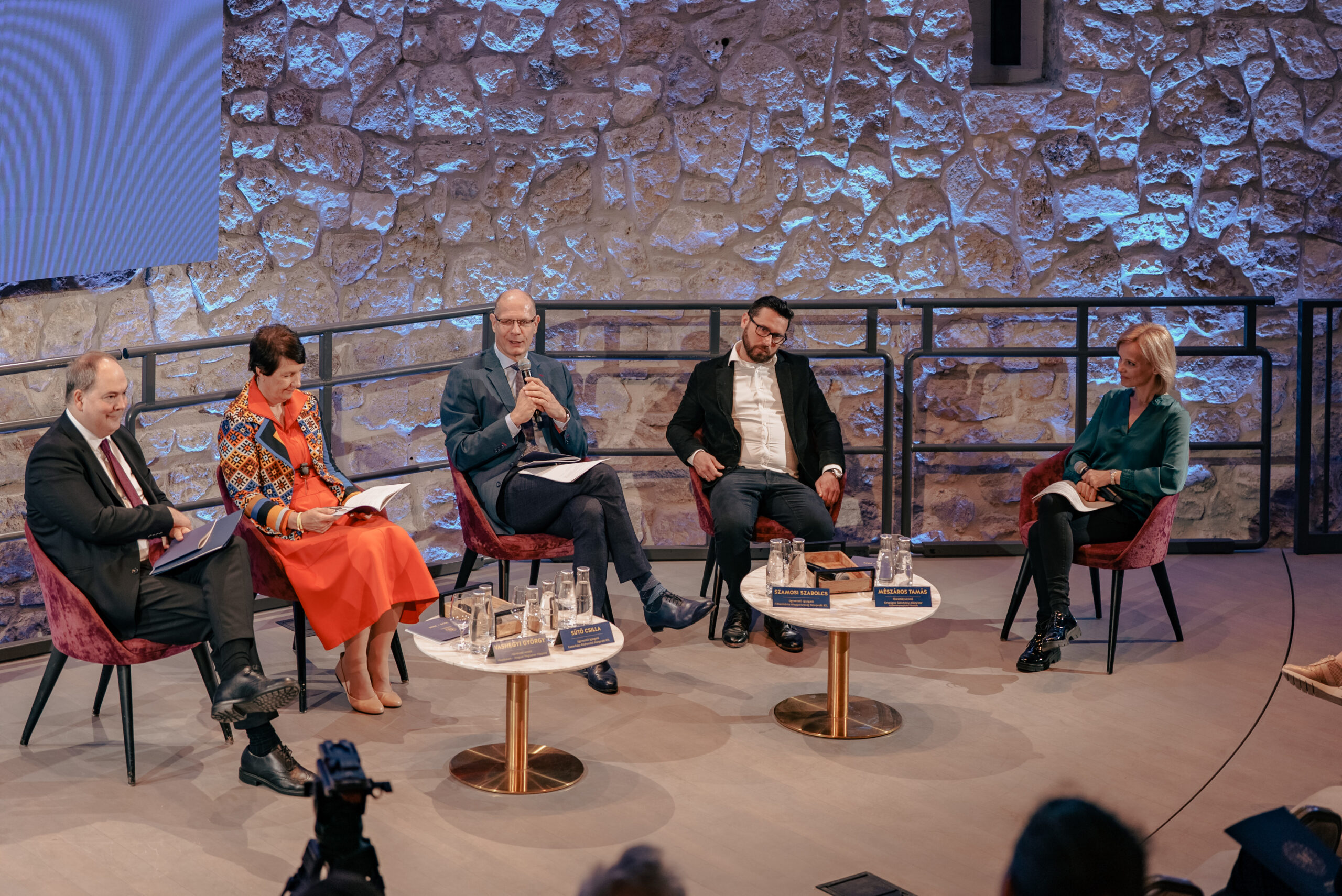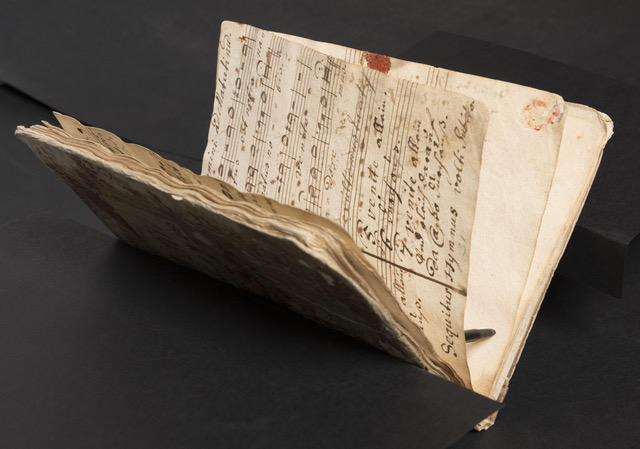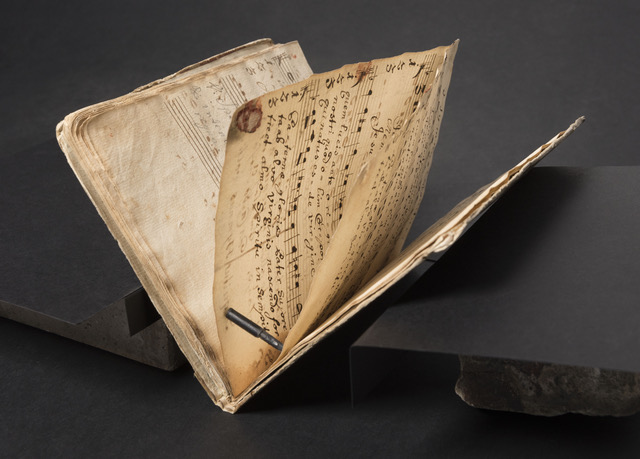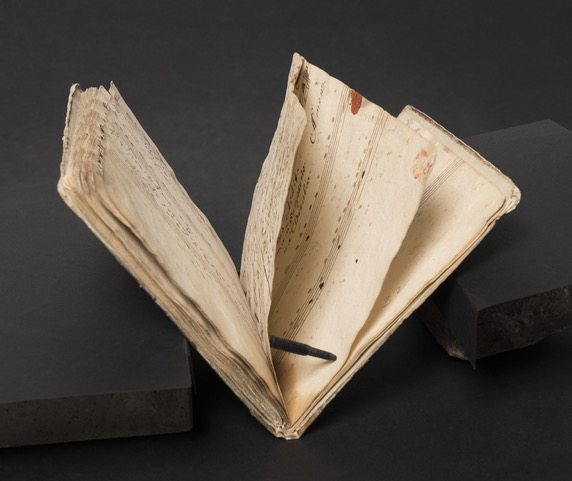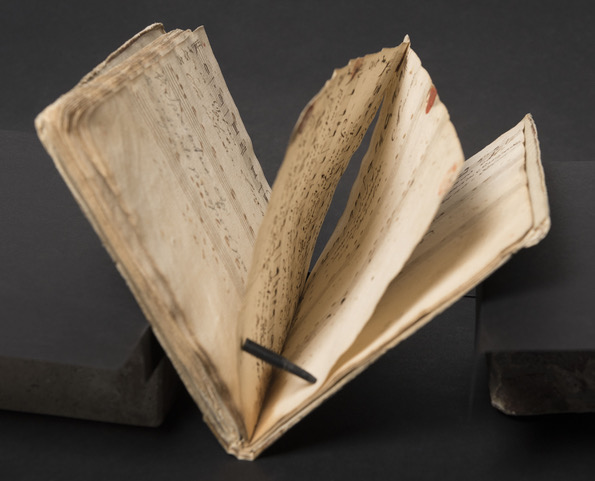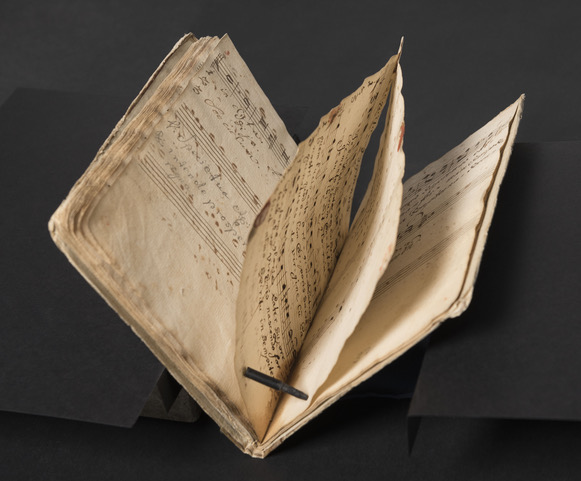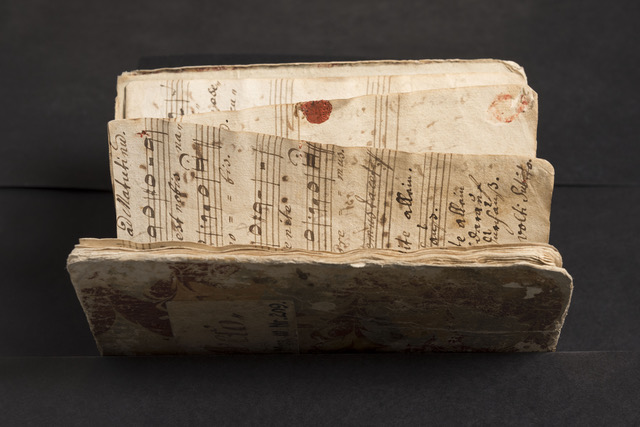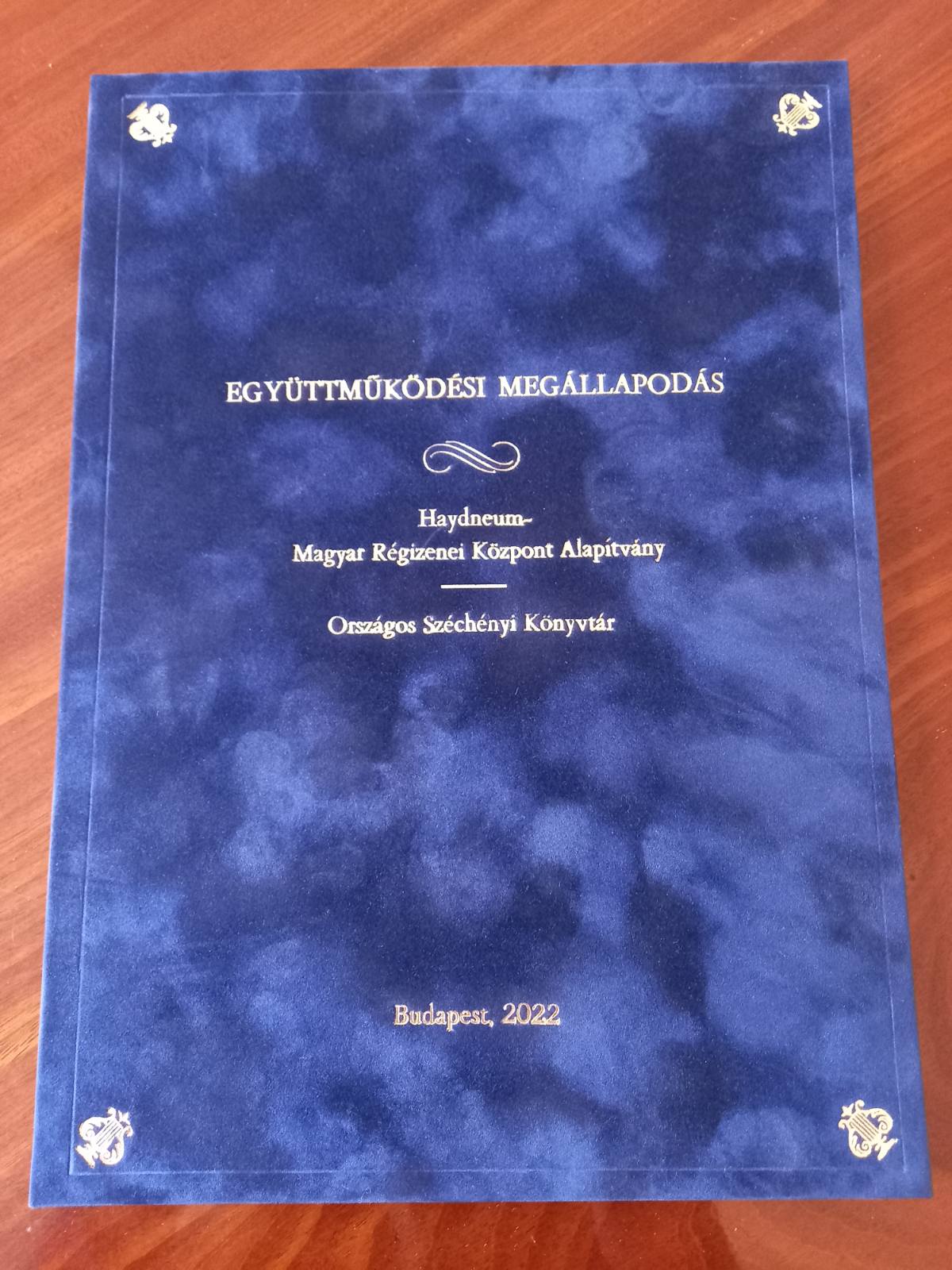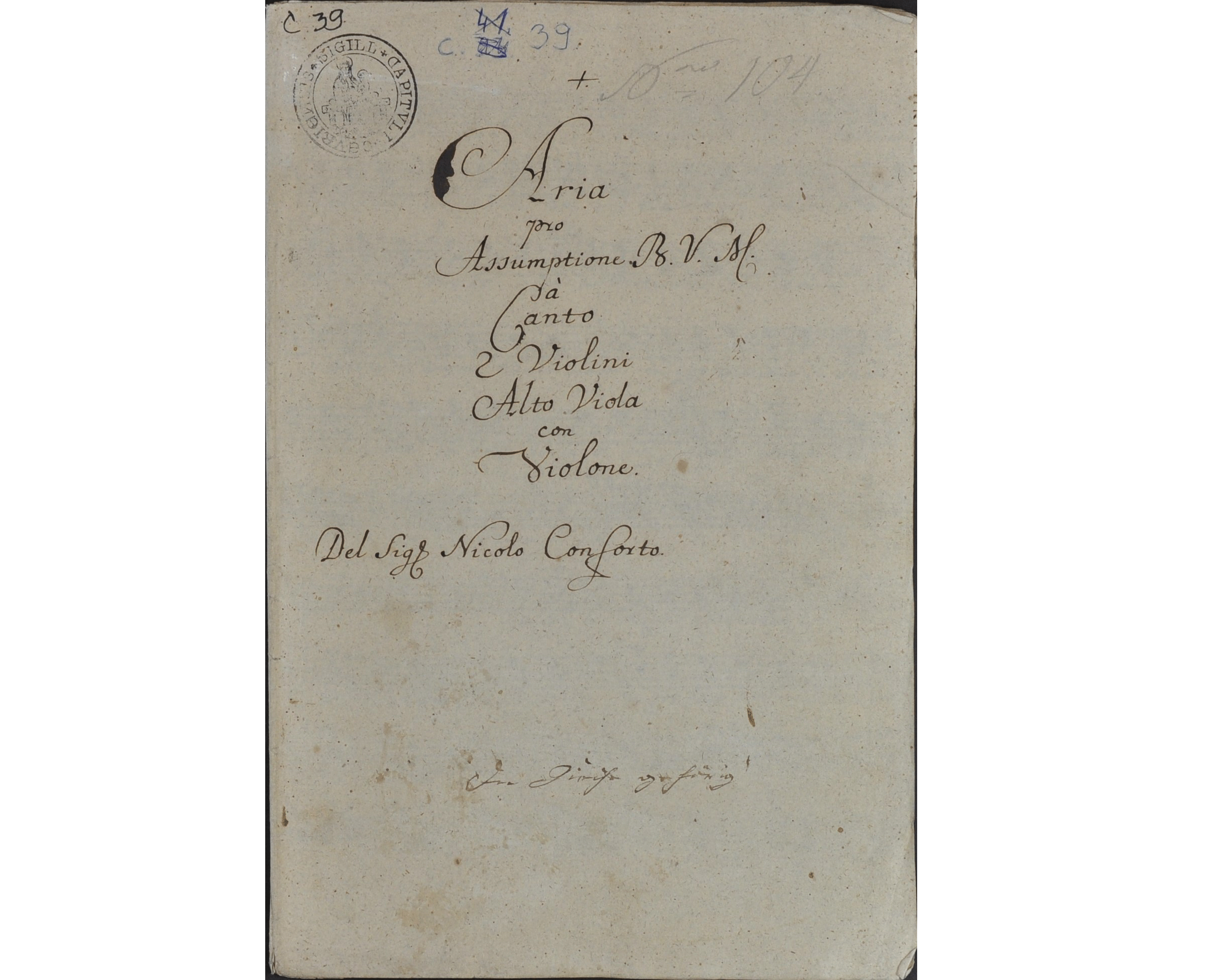The published material contains works by a total of 35 composers; they include Joseph Haydn and several of his leading contemporaries such as Gregor Joseph Werner, Michael Haydn, Johann Georg Albrechtsberger and Franz Xaver Süssmayr. The speciality of the collection is that one can also find within it contemporary copies of pieces by such internationally acclaimed composers as Wolfgang Amadeus Mozart, Jean-Philippe Rameau and Domenico Scarlatti.
Staff members delegated by Haydneum categorize, restore and photograph material, then make modern score publications from them, which are used at Haydneum concerts and in studio recordings. Tamás Mészáros, head of the Collection Preservation Department of MNMKK National Széchényi Library, announced: from now on, anyone can access these remarkable documents in high resolution on the digital platform of Copia, which serves not only music history research but education and the dissemination of knowledge. “If a public collection can connect to performing arts in this way, that’s a fantastic thing,” says department chief Tamás Mészáros.
Dávid Rózsa, director of MNMKK National Széchényi Library, was unable to attend the event due to prior engagements, but in a message he stressed that the Esterházy project is an exemplary example of the realization of a partnership between public collections and performance art institutions. The fruit of this collaborative work is the public performance of previously unknown works, frequently for the first time in several centuries. Haydneum is proud to play an initiatory and active part in this role-model project that – in a worthy manner – brings the values of Hungary’s music past into the present day.
Copia Digitalized Manuscripts: www.copia.oszk.hu
16 April 2025



